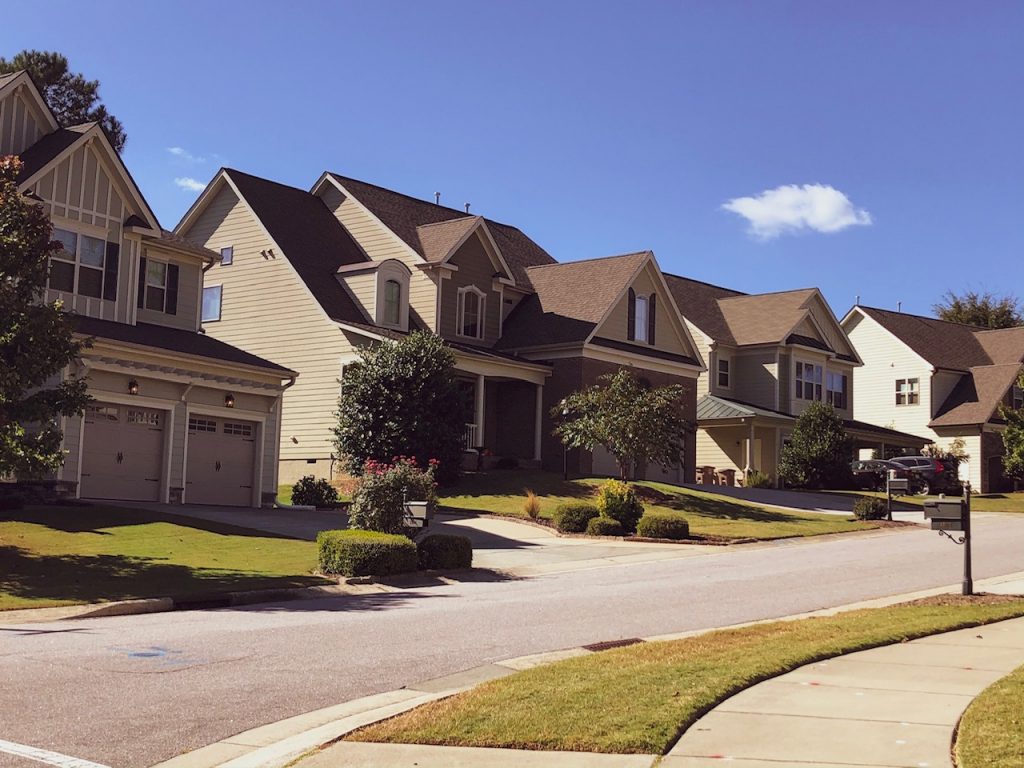1 Peter 2:11-25
There are times when I look around, be it at nature or people, and think to myself how wonderful it all is. And then there are times I look around and feel uncomfortable and discontented. I’m full of the realization that this place is broken, we humans are broken and meant for something so much higher, so much better.

This is not my home. As breathtakingly beautiful as it can be, as overwhelmingly fulfilling as people can be, there’s something deep inside me that knows I was made for more than this. When I come up against brokenness, I feel it profoundly, as if I know deep within that it wasn’t meant to be this way.
We as Christians are sojourners and exiles (2:11) here in this world. Though we spend our mortal lives here, we truly are just passing through, bound for our true home with the Lord. Our citizenship lies in heaven, though we spend our days here and enjoy this world until it is time to go home.
Since we are passing through, our standards are not based on this world. We adhere to the ways of the Lord, not the culture. We abstain from passions of the flesh (2:11), rejecting sin and choosing restoration over brokenness. We are beholden to the Lord, to carry out his mission for our time here.
The Lord calls us to be a beacon of his glory in the world. We show the world God’s character through our deeds, calling them to behold the one who is good so they too might glorify him (2:12). Our mission is to shine our light before men through our good deeds (Matt. 5:16), so that they might come to know and worship the light of the world, so they too may come to know our future home.
In our time here and as part of our good works, God calls us to work within the boundaries of the world by subjecting ourselves to human institutions that exercise authority over our lives. God has allowed, established and enabled human authority throughout this world, certainly in civil government but also in police, parents, church officials, bosses, boards of volunteer organizations, teachers and academic officials. We find institutions exercising authority in all facets of life, and in each one we are called to respect and submit. We obey these authorities because the Lord himself has called us to do so (2:13).
I realize speaking of submitting to authority comes with heavy questions today about police brutality, institutional racism, political discord, and even college admissions scandals. Being subject to human institutions doesn’t mean that we do not work to make those institutions better representative of God’s view and value of all people. It does mean that we submit even when those very institutions treat us unjustly (2:18) and when we suffer for it (2:19). God doesn’t let us off the hook when things get hard. After all, which of God’s commands is actually easy to follow?
And in choosing to obey God even when we endure unjust suffering, we follow in the footsteps of our Lord Jesus Christ (2:21). As the suffering servant, Jesus did not sin, deserved no suffering, and received unjust punishment (2:22). Yet he still did not lash out, speak ill of, or threaten (2:23). Instead he trusted and submitted to the Father (2:23) and, in so doing, submitted the human institutions which put him to death.
This submission is the will of the Lord, and it is designed for our benefit. By being a good citizen, a respectful subject, in obeying the laws of the land and showing respect to governmental authorities, who will speak ill of our behavior? By doing good, we put to silence the ignorance of foolish people who would heap disdain on us (2:15). It’s hard to speak evil of those who are continually doing what is right. This good helps to silence those who would criticize Christians, and in turn, our God. And even if it doesn’t silence our critics, we still submit confidently knowing we are acting in obedience to God.
If we need any more evidence that following God’s commands always leads to blessings, even when it means submitting to human institutions that may or may not be unjust, we need look no further than Jesus. His submission and his death at the hands of unjust men, his body hanging on that tree, led to our salvation and our justification (2:24). By his wounds we are healed (2:24). Through him, we are able to return to our Father, the shepherd and overseer of our souls (2:25). What man may mean for evil, God can use for good. Any time. Every time.
Nothing can stand against our Lord. It’s safe to bend a knee to his will. There is our blessing and our victory.
Lord, there is no power in this world to rival your power. And yet you ask us to submit to the authorities you have allowed in this world. Help us to do so out of respect, obedience, and love for you. And as we survey this broken world, Lord, guide your church to be agents of restoration. Your kingdom come, your will be done. May earth be as it is in heaven. Amen.